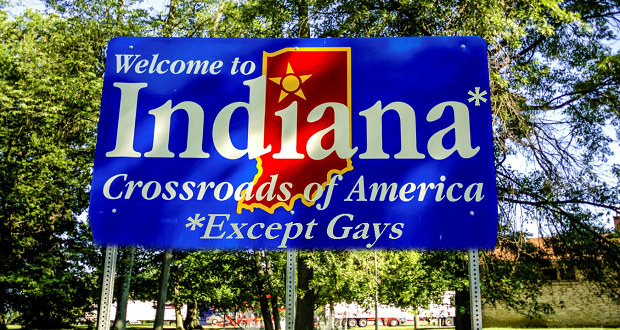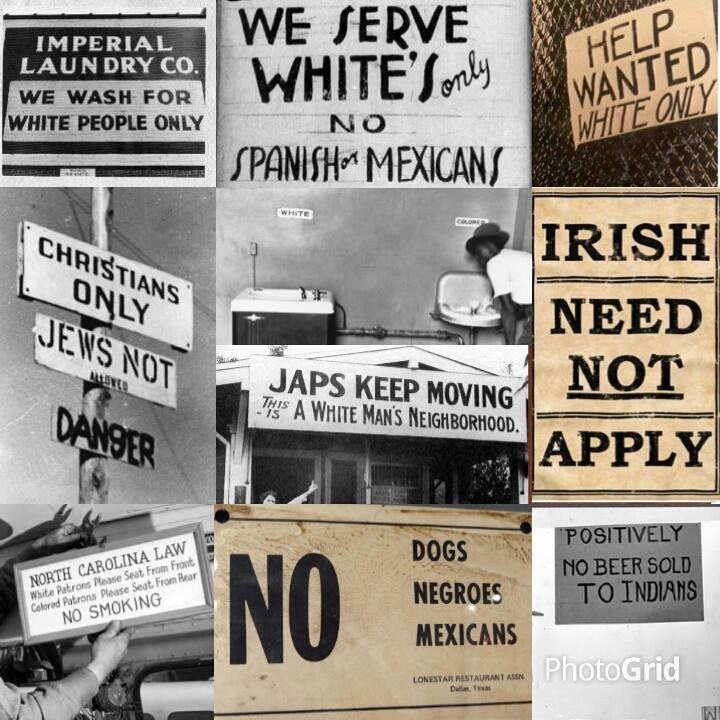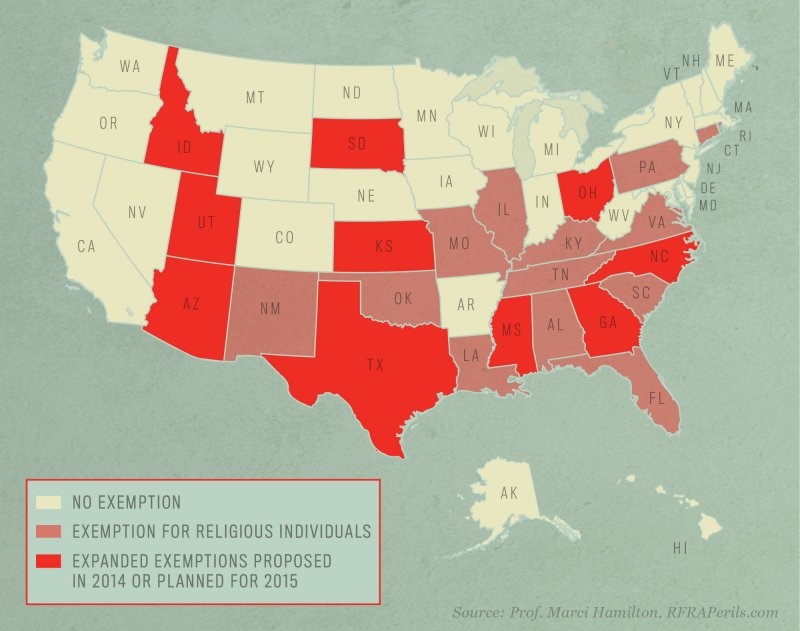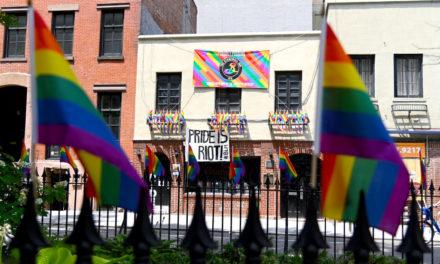
Here’s the good news. After Indiana’s Republican governor Mike Pence enacted the state’s Religious Freedom Restoration Act (RFRA), the backlash was swift and severe. Businesses and citizens united to protest that statute, which potentially would have enabled business owners to deny service to gays and lesbians based on the owners’ religious beliefs. After relentless criticism, Pence announced that the state would modify the law to guard against such discrimination.
That’s good news because it’s an obvious indicator that Americans are less tolerant of intolerance.
And yet, there are various versions of Indiana’s RFRA on the books nationwide. So I want to take a step back and ask why there should be any law that allows people to use spiritual beliefs to deny service to anyone? To do so is to place religious doctrine on a pedestal above other beliefs. In other words, why not just allow racists to deny service to blacks because they are…racists? Why not let business owners refuse to bake wedding cakes for gays because they are openly homophobic? Why drag God into this mess?
The bottom line is that ultimately, human rights need protection more than religion does.

Nonetheless, in the name of diversity and inclusion and tolerance and (add your own PC buzzword), we typically tiptoe around faith. We treat others’ religious beliefs as sacred, beyond questioning. And before you know it, dumb laws like Indiana’s get passed.
My point is not anti-religious. In fact, I want to take religion out of the debate altogether. We are all entitled to our beliefs, but we are not inherently entitled to act on them. I don’t care whether you pray to Allah or Xenu. I don’t care if your god is Jewish, Christian, or Lady Gaga. But when you begin to translate your beliefs into actions that affect others, now I care. Or as the famous quote goes, “Your right to swing your arms ends just where the other man’s nose begins.”
But let’s put at least one religion, Christianity, in the equation for a moment. What about “love thy neighbor as thy self” or “judge not and be not judged”? Would not refusing to serve gays and lesbians be against these purported basic religious tenets?
We should not be expected to tolerate discriminatory acts just because they claim to be rooted in religion. Rather, we should be expected to tolerate—even better, accept; no, still better, respect—everyone without inserting into the picture injurious beliefs that harm our fellow humans.
Now, I’m not arguing that laws should not protect religious freedom. But I am saying that the government should not automatically turn religious rites into rights that potentially hurt others. What do you think?
Editorial note: In 2014, new or strengthened RFRAs were proposed in eight states including the “Turn the Gays Away” bill in Arizona. It is predicted that with 68 out of the 99 state legislative chambers controlled by Republicans (up from 59 before the election), we can expect to see state RFRAs proposed across the country. At least five (in Arizona, Georgia, North Carolina, Texas, and Utah) have already been announced. The map below shows which states have or are contemplating similar laws.




















I really appreciated this succinct and clear response to RFRA trend. It was educational, specific, factual, and leaned into discomfort re: religion and intersection with respect for all.
Hi Deb,
Thanks for chiming in. I wish more people were able to discuss issues that relate to religions without fear of causing offense. We need frank conversations about where religion and public policy intersect, and that can’t happen if religious views are relegated as sacred, beyond reproach.